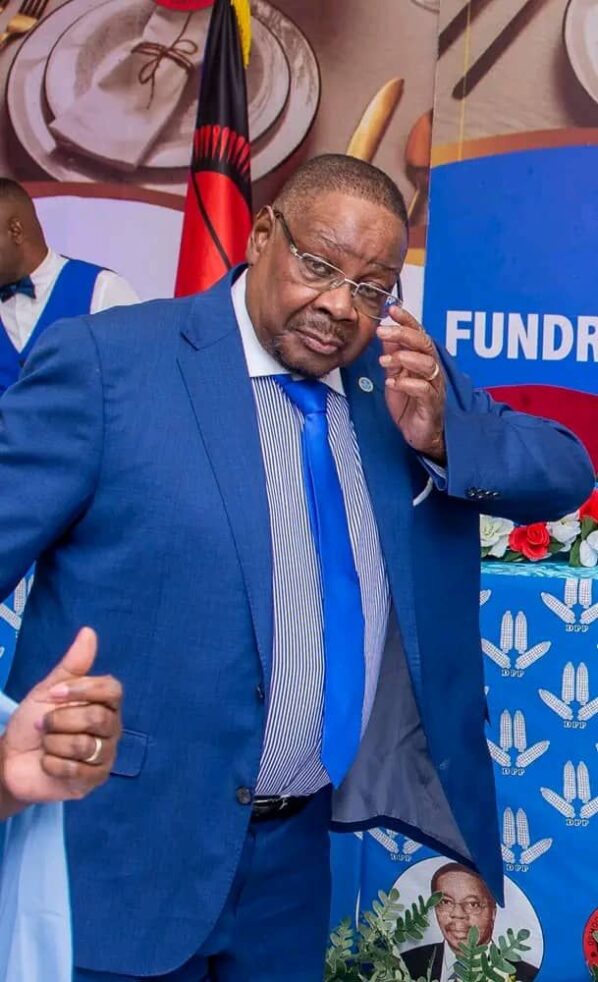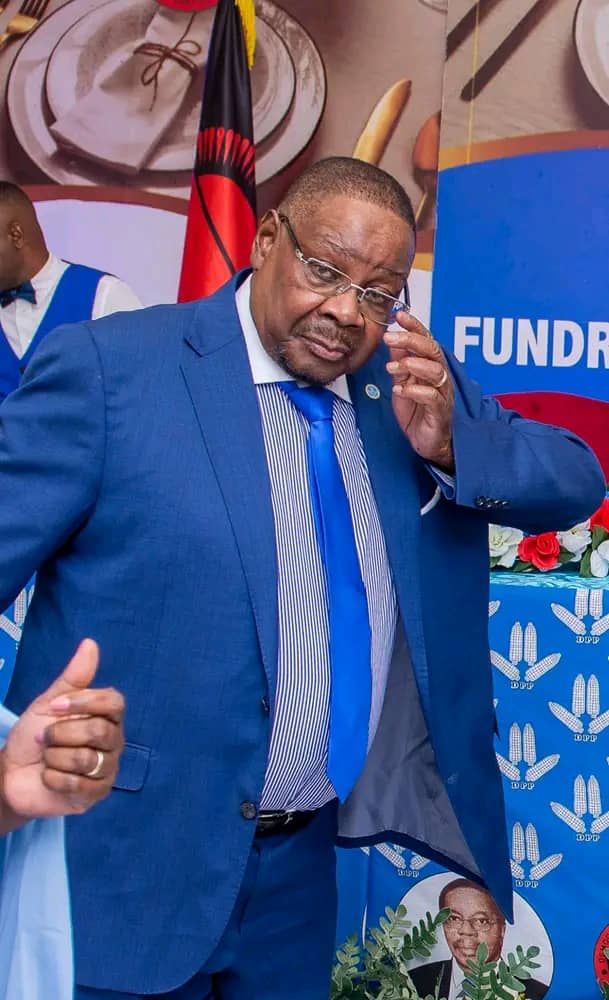By Wadza Botomani
Atupele Muluzi’s recent public plea for former President Peter Mutharika to retire from frontline politics has ignited a long-overdue conversation in Malawi. While some dismiss it as political opportunism, others see it as a rare moment of candor in a landscape dominated by sycophancy. The truth, as Atupele boldly articulated, is that Mutharika—at 84 and visibly frail—is a spent force. His attempted comeback after a decisive 2020 electoral defeat reeks of desperation, orchestrated not by national interest but by a shrinking inner circle clinging to power for personal gain .
The Burden of Age and Failed Leadership
Mutharika’s return as the Democratic Progressive Party (DPP) flagbearer for 2025 defies logic. His age and health are undeniable liabilities; critics question his capacity to endure the rigors of governance, let alone campaign trails. Yet, as BBC reports, his party has purged dissenters like Kondwani Nankhumwa, ensuring no internal challenge to his candidacy . This echoes a broader pattern: Mutharika’s leadership has been marked by a failure to rein in corruption (e.g., the infamous “100 tankers of fuel” scandal at ESCOM) and a reliance on yes-men like Norman Chisale and family members like Gertrude Mutharika, who stand to benefit from his political resurrection .

The Fear Factor in DPP
Many within the DPP privately agree with Atupele but fear speaking out. The party’s recent expulsions—Nankhumwa, Grezelder Jeffrey, Uladi Mussa—demonstrate a zero-tolerance policy for dissent. This culture of intimidation silences legitimate concerns about Mutharika’s viability. As analyst Ntata argues, the issue isn’t just age but a “failure of leadership”: Mutharika’s inability to manage cronyism or address corruption has eroded public trust . Yet, the DPP’s machinery, desperate to reclaim power, prioritizes loyalty over competence.
Atupele’s Calculated Risk
Atupele’s remarks, though framed as altruistic, carry political undertones. Once Mutharika’s running mate, he now distances himself from a sinking ship, possibly eyeing a realignment ahead of 2025. His critique resonates with younger voters and reformists weary of gerontocracy. However, his credibility is shaky—past gaffes (e.g., divisive religious remarks) and a lackluster track record undermine his moral high ground .
A Nation’s Crossroads
Malawi stands at a precipice. Mutharika’s comeback symbolizes regression, not renewal. As Chakwera’s government struggles with economic woes, the opposition’s best hope lies in fresh leadership—not a recycled figure haunted by Tipp-Ex scandals and corruption allegations . Atupele’s intervention, however self-serving, exposes a painful truth: Malawi’s political elite must prioritize the nation over personal ambition.
Conclusion
Atupele’s bravery is relative—many share his views but lack his platform. Yet, his call underscores a democratic imperative: leaders must know when to step aside. Mutharika’s refusal to do so risks not just his legacy but Malawi’s future. The question isn’t whether he should retire, but why it took so long for someone to say it aloud.



